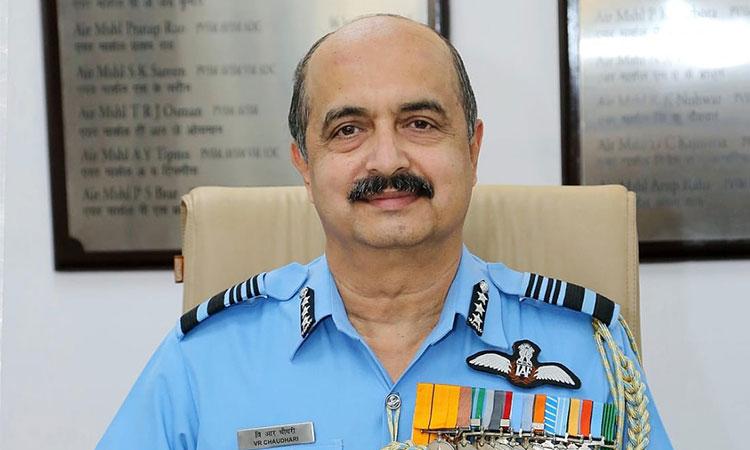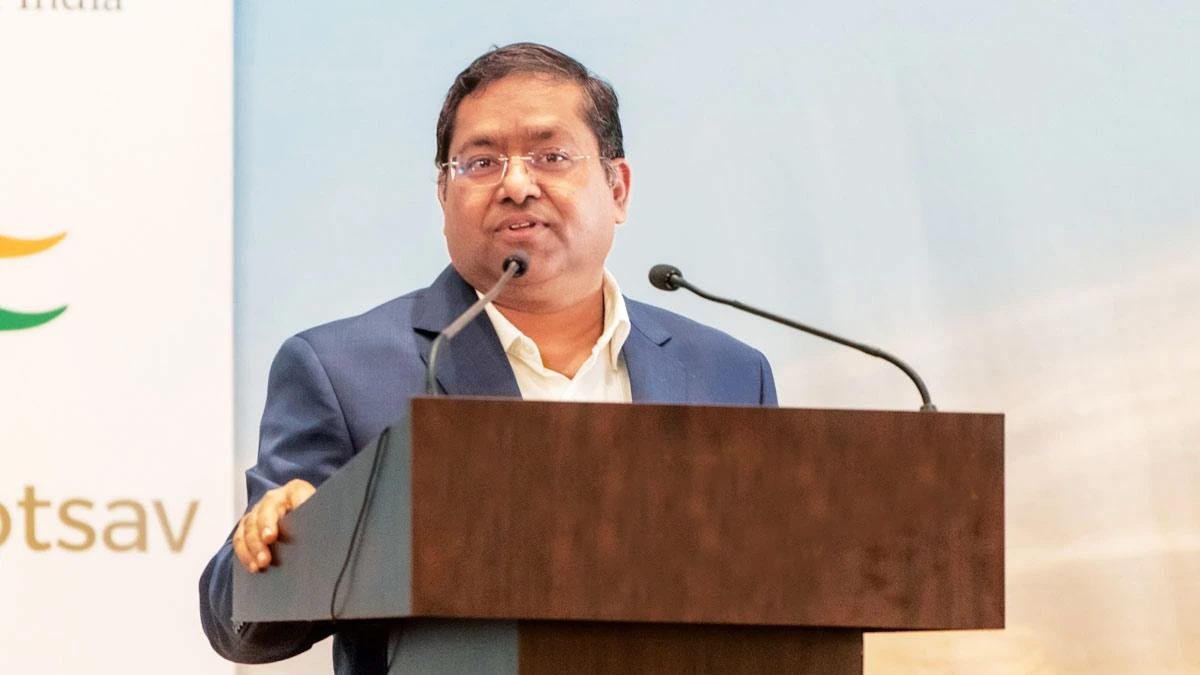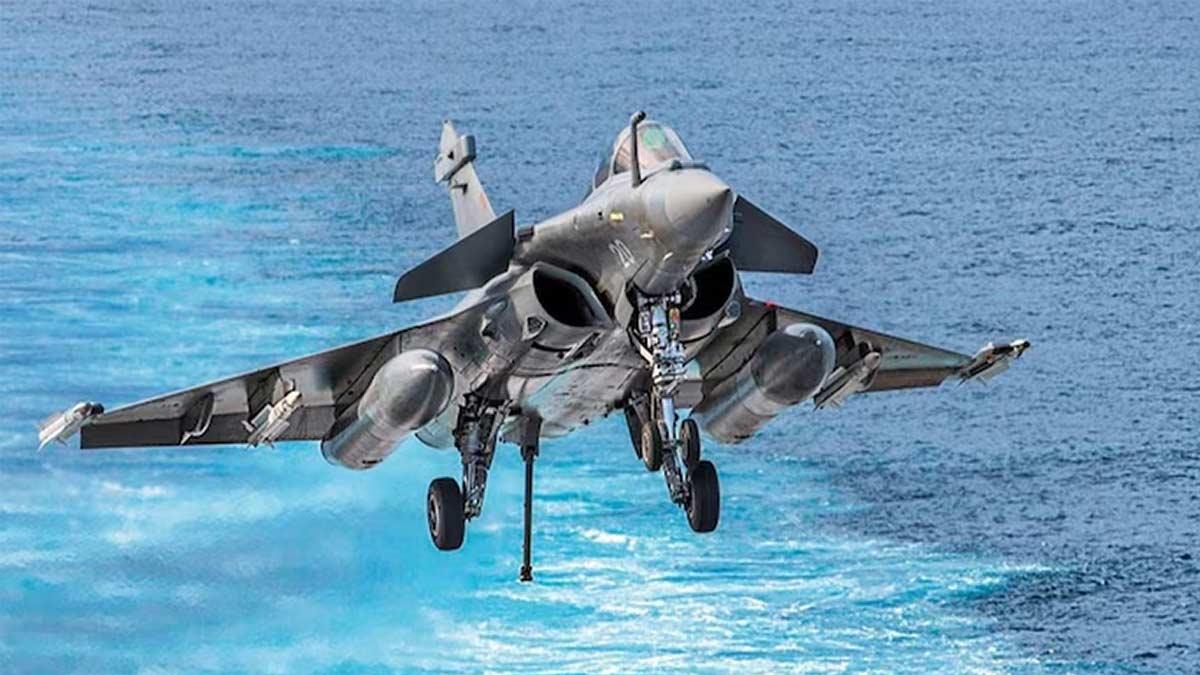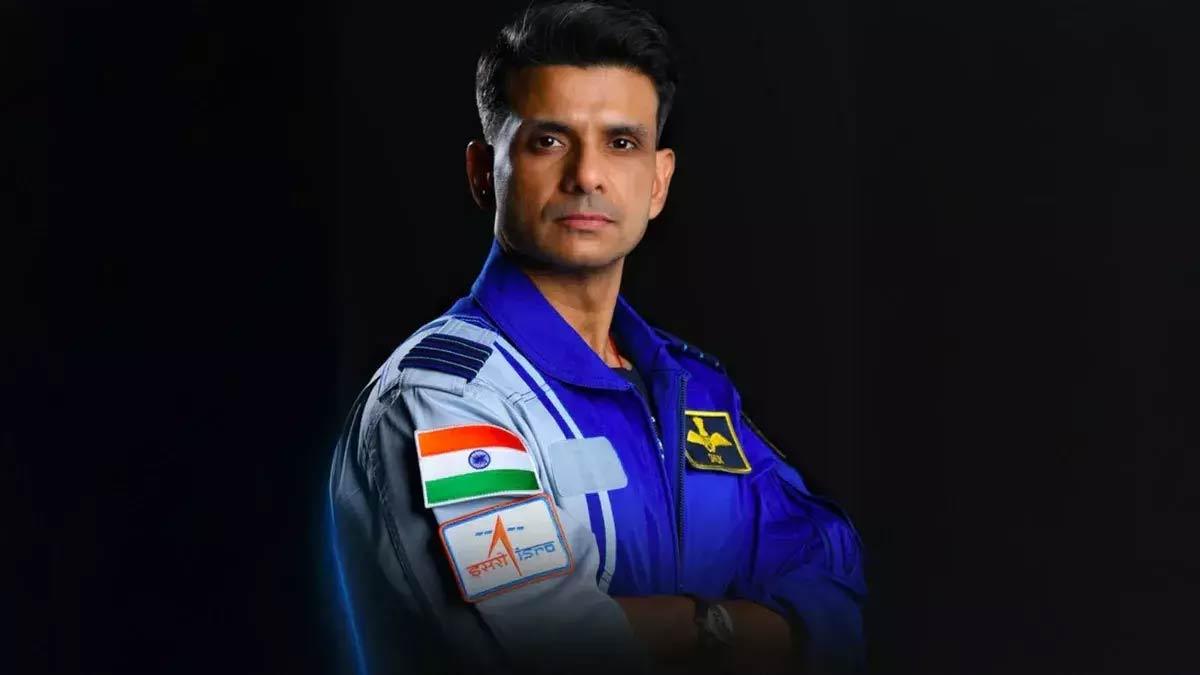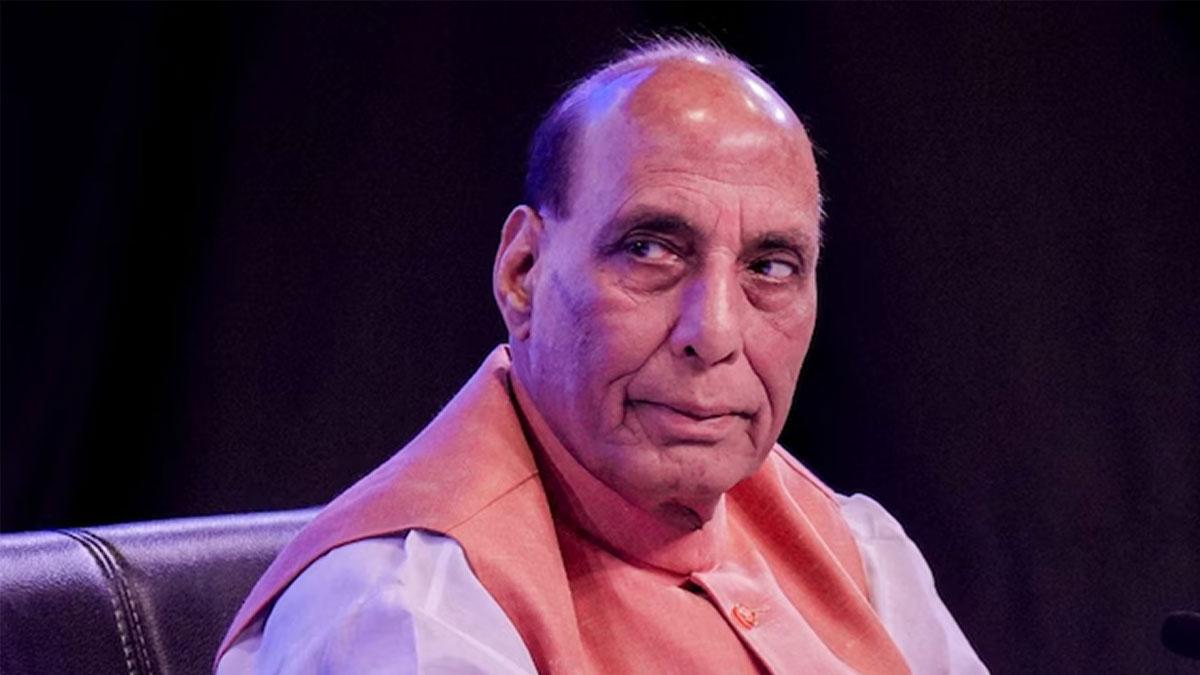On February 26, 2019, the Indian Air Force (IAF) had launched air strikes on terror camps in Pakistans Balakot in retaliation to the attack on a CRPF convoy in J&K's Pulwama, which left 40 personnel dead.
IAF chief V.R. Chaudhary said on Tuesday that the 2019 air strikes in Balakot demonstrated that if political will is there, aerospace power can be effectively used in a no war, no peace' scenario, under a nuclear overhang without allowing the situation to escalate into a full-blown conflict.
He also said that future wars would need the capability of seeing first' followed by the ability to strike first' and then striking the farthest'.
The IAF chief was speaking at a seminar on 'Aerospace Power: Pivot to Future Battlespace Operations', organised by the Centre for Air Power Studies (CAPS) in the memory of the first and only Marshal of the Indian Air Force, Arjan Singh.
Also Read | Future wars would need capability of 'seeing' and 'striking' first: IAF chief
The conference was an ode to Arjan Singh, who was the Chief of Air Staff when the IAF saw action in its first conflict of the modern age in 1965. He was hardly 44 when entrusted with the responsibility of leading the Indian Air Force, which he did with flamboyance and elan.
According to the IAF, the seminar aimed to explore the changing nature of aerospace power and its role in future battlespace operations. As technological advancements continue to reshape the landscape of warfare, the aerospace domain has become increasingly important for achieving military objectives.
In memory of the first and only Marshal of the Indian Air Force, the Centre for Air Power Studies (CAPS) decided to commence an annual memorial lecture in his honour to inspire the present and future generation proponents of air power.
The seminar examined the 'Peculiarities of Air Power Operations' in the past and outlined the need for multi-domain operations as an inseparable entity in future battlespace operations. As the world becomes increasingly complex and volatile, military operations require a more integrated and multi-dimensional approach that leverages the full spectrum of aerospace capabilities. Aerospace power will play a critical role in future conflicts, providing key advantages in intelligence, surveillance, reconnaissance, command and control, and strike capabilities, the IAF added.
Also Read | Vulgar message flashes on LED display board in Bihar's Bhagalpur
The session discussed the evolving nature of aerospace power, including emerging technologies, strategies, and the challenges and opportunities associated with integrating these capabilities into broader military operations.
The seminar also examined the Key Trends and Technologies in the Aerospace Domain' and outlined the implications of these trends for aerospace power.

